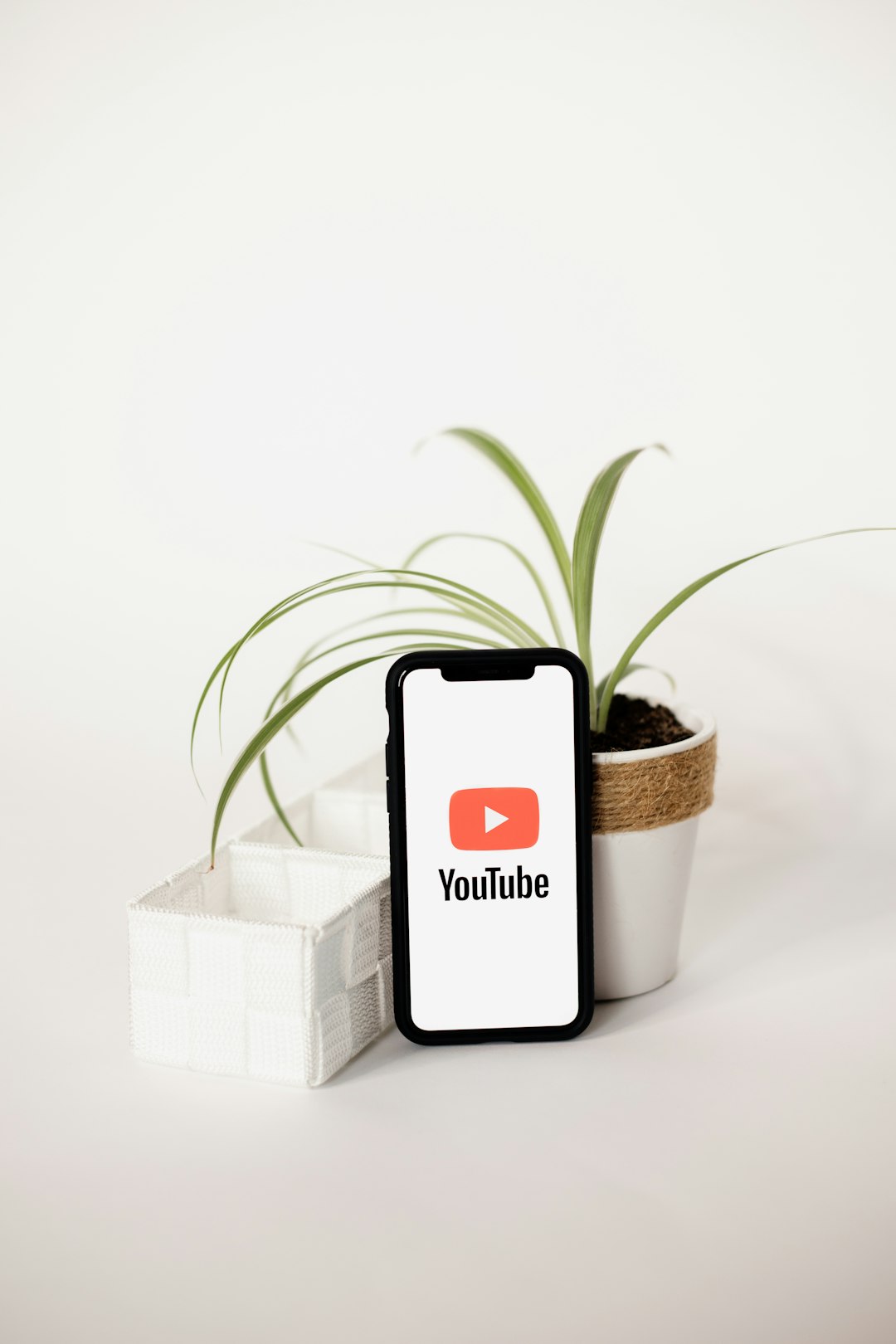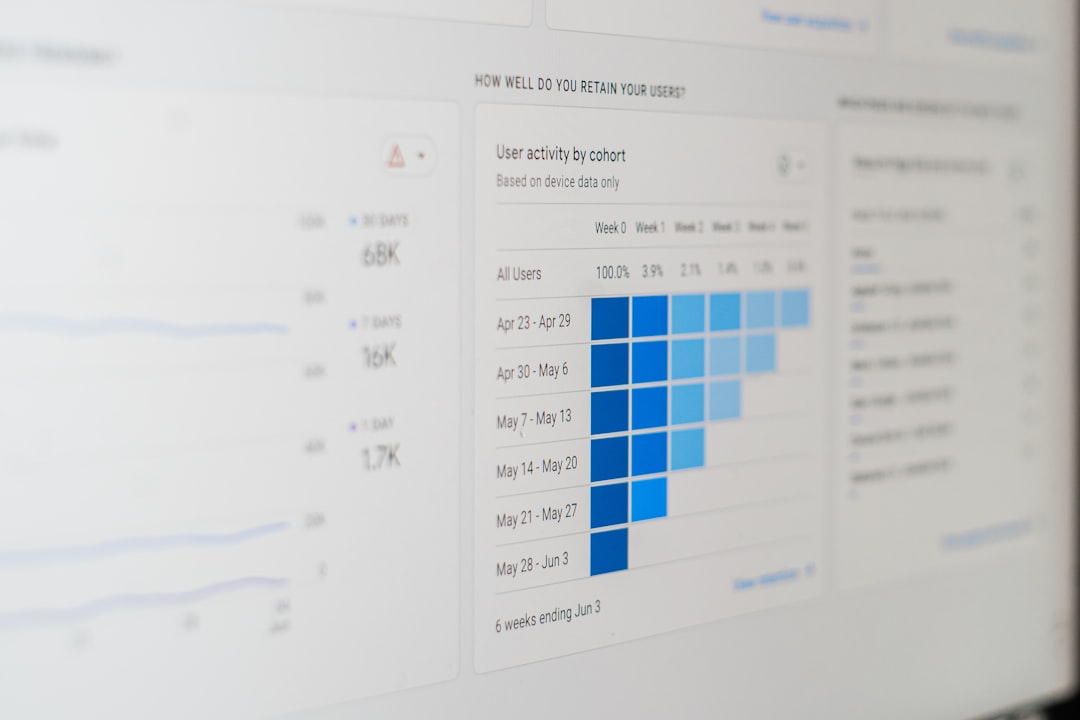Influencer marketing has evolved into a sophisticated industry, offering brands unique opportunities to connect with audiences through trusted voices. However, the success of these campaigns heavily depends on choosing the right tools to manage relationships, analyze performance, and streamline operations. In this article, we’ll explore the most recommended social media tools for influencer marketing that professionals should consider in 2024.
1. Aspire
Aspire is a comprehensive influencer marketing platform that helps brands discover influencers, manage campaigns, and analyze results. Its strength lies in its influencer discovery engine, which allows users to search based on niche, engagement rate, audience demographics, and more.
- Pros: Robust influencer discovery, CRM features, and reporting capabilities.
- Best for: Medium to large brands looking to scale their influencer outreach.
With rich data analytics and customizable options, Aspire provides an end-to-end solution for brands actively involved in influencer collaborations.

2. Upfluence
Upfluence is widely regarded for its social listening and real-time database. Its powerful search functionality allows brands to identify relevant influencers across various platforms such as Instagram, TikTok, YouTube, and blogs. One of its standout features is ecommerce integration, which aids brands in identifying influencers from their existing customer base.
- Pros: Integration with Shopify and WooCommerce, dynamic database of influencer profiles.
- Best for: Ecommerce businesses looking to tap into their natural brand advocates.
Upfluence also supports seamless outreach and performance monitoring, making it a suitable choice for data-driven brands.
3. GRIN
GRIN positions itself as an all-in-one creator management platform. It excels in workflow automation and is favored by DTC (direct-to-consumer) brands. GRIN integrates with ecommerce platforms and email marketing tools to provide a unified dashboard for managing multiple influencer partnerships.
- Pros: Workflow automation, easy integration with ecommerce CRMs and platforms.
- Best for: DTC brands seeking long-term ambassador programs over one-off campaigns.
Its strong customer support and user-friendly UI make GRIN a go-to tool for marketing teams that prioritize efficiency and effectiveness.
4. CreatorIQ
An enterprise-grade solution, CreatorIQ is used by leading global brands to run highly scalable influencer programs. It leverages AI-powered insights and data normalization to provide brands with accurate influencer matching and ROI tracking.

- Pros: Enterprise integrations, scalable campaign management, advanced reporting.
- Best for: Large corporations and agencies handling multiple influencer campaigns across geographies.
CreatorIQ also helps ensure compliance and fraud detection, which adds a critical layer of security for high-value campaigns.
5. HypeAuditor
Transparency in influencer marketing is more important than ever, and HypeAuditor is built with this principle at its core. Known for its in-depth audience analysis, HypeAuditor evaluates influencer authenticity, follower quality, and engagement metrics.
- Pros: Advanced fraud detection, audience and engagement quality metrics.
- Best for: Brands focused on transparency, compliance, and data accuracy.
This platform is particularly valuable during the vetting process, helping marketers ensure their investments go towards real influence, not inflated numbers.
6. Later
While Later began as a scheduling tool, it has grown into a visual marketing platform with robust influencer marketing features. It enables influencer collaborations, content curation, and performance tracking, all in a visually intuitive interface.
- Pros: Aesthetic dashboard, content scheduling, UGC tracking capabilities.
- Best for: Small to medium-sized brands with a focus on Instagram and TikTok marketing.
Later is ideal for lean teams looking to maintain visual consistency while tracking key influencer metrics.
Key Takeaways
Influencer marketing success hinges on the right mix of tech and strategy. While no single tool is perfect, choosing the right platform depends on your brand’s size, goals, and industry. Here’s a quick recap:
- Aspire – For scalable influencer CRM capabilities.
- Upfluence – Optimized for ecommerce integration and dynamic outreach.
- GRIN – Best suited for DTC brands and automated workflows.
- CreatorIQ – Enterprise-grade campaigns with robust analytics.
- HypeAuditor – Trusted source for influencer verification and fraud detection.
- Later – Visual marketing with content scheduling and UGC features.
Ultimately, the right social media tool for influencer marketing should align with your campaign goals, target audience, and internal workflow needs. Investing in a quality platform will not only save time but also ensure better ROI and stronger relationships with your creative partners.











